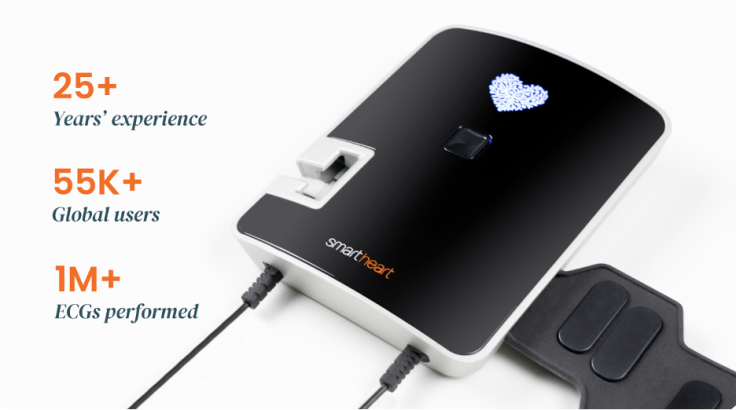Innovation At Heart: The Role Of Technology In Advancing US Cardiac Care

As American Heart Month unfolds, the spotlight turns to the pressing challenges of cardiac care in the United States. Heart disease remains the leading cause of death, underscoring the urgent need for innovative solutions to prevent, diagnose, and treat this pervasive condition. Amidst this backdrop, technology emerges as a crucial ally, offering new pathways to transform cardiac care from reactive to proactive, from generalized to personalized, and from clinic-centered to patient-centered.
The journey towards revolutionizing cardiac care is fraught with obstacles. Accessibility issues, socioeconomic disparities, and the sheer scale of at-risk populations create a complex web of challenges that traditional healthcare models struggle to address. However, the advent of telemedicine and digital health technologies promises a new dawn, one where these barriers begin to crumble under the weight of innovation.
Enter SHL Telemedicine, a company that stands at the forefront of this technological revolution. With a focus on remote cardiac care, SHL Telemedicine harnesses the power of digital tools to bring life-saving services directly to patients, regardless of their location. Erez Nachtomy, CEO of SHL Telemedicine, shares, "In an era where technology has become intertwined with every aspect of our lives, it's only natural that healthcare evolves in tandem. Our mission is to leverage technology to make cardiac care more accessible, efficient, and effective for everyone."

SHL Telemedicine's approach is emblematic of the broader shift towards telehealth in cardiac care. By enabling remote monitoring and diagnosis, technology can bridge the gap between patients and providers, ensuring continuous care without the need for physical presence. This not only enhances convenience but also significantly reduces the time to intervention, a critical factor in cardiac emergencies.
"American Heart Month serves as a poignant reminder of the work that lies ahead," Nachtomy reflects. "It's a time to reaffirm our commitment to combating heart disease, and technology is a crucial ally in this fight. By breaking down the barriers to care, more lives will be saved and improve outcomes for heart patients across the nation."
The impact of technology on cardiac care extends beyond telemedicine. Wearable devices, mobile health apps, and artificial intelligence (AI)-powered analytics are transforming the way heart health is monitored and managed. These tools empower patients to take an active role in their health, fostering a culture of prevention and early detection.
The significance of SHL Telemedicine's contributions to cardiac care is underscored by the recent presentation of initial results from a clinical trial conducted in collaboration with Mayo Clinic and Imperial College London. Presented at theVPM 2023 conference, these findings highlight the efficacy and potential of SmartHeart® technology in enhancing patient outcomes and advancing remote cardiac care.
In a series of strategic moves to deepen its footprint in the U.S. healthcare market, SHL Telemedicine has established a nationwide cardiology network and recently soft launched the SmartHeart® membership program and. The SmartHeart® membership program is a direct-to-consumer offering that provides users with access to SHL's innovative ECG technology, enabling them to conduct comprehensive heart monitoring from anywhere. This initiative represents a significant step towards democratizing cardiac care, making it more accessible to the wider American public. Furthermore, the establishment of a nationwide cardiology network marks a pivotal development in telehealth, offering ECG interpretations and telehealth visits by board-certified cardiologists across the United States. These recent steps by SHL Telemedicine not only showcase the company's commitment to expanding its services in the U.S. but also highlight its role in pioneering the integration of technology and healthcare to improve patient outcomes and accessibility.
Looking ahead, the healthcare community eagerly anticipates the upcoming presentation atACC 24, where the final results of the TELE-ACS clinical trial, utilizing SHL Telemedicine's SmartHeart® 12-lead ECG technology, will be unveiled. This milestone could further validate the critical role of telemedicine in transforming cardiac care, offering new insights into the prevention and management of heart disease.
In conclusion, American Heart Month is not just a time for awareness but also a call to action. It's an opportunity to embrace the technological advancements that can redefine cardiac care. As Erez Nachtomy aptly puts it, "The future of healthcare is digital, and in the realm of cardiac care, technology is not just an option; it's a necessity. Together, we can forge a path to a healthier heart for everyone."
Published by Medicaldaily.com



























